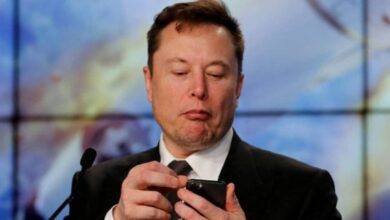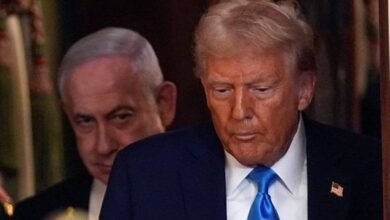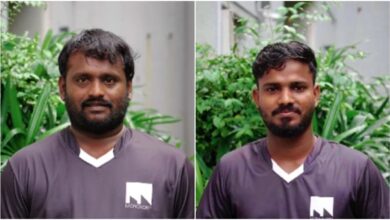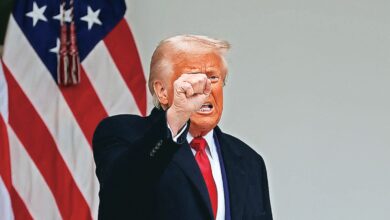Jaishankar on China debt diplomacy: Make informed decisions

WITHOUT MENTIONING China, External Affairs Miner S Jaishankar criticised Beijing for the debt-trap diplomacy it indulges in and cautioned countries in the neighbourhood to not fall into the trap, advising them to make “informed decisions”.
Jaishankar, who was speaking at the Munich Security Conference on Saturday night, was responding to a question from Bangladesh’s Foreign Miner A K Abdul Momen, who was seated in the audience. The Indian External Affairs Miner was at a panel discussion along with counterparts from Australia, Japan and France among others.
Momen, in his question, asked the panels directly naming China. Appreciating Japan and India for their help, he said, “China comes forward with a basket of money and aggressive proposals, affordable proposals, and then you have a problem. What to do?”
ExplainedMiner’s sharp critiqueThis is a very sharp critique Jaishankar on Beijing’s debt-trap diplomacy. But it is in line with his sharp remarks in Australia on February 12 — he is usually diplomatic in his choice of words, especially on China, more so while speaking from foreign soil — on Beijing’s behaviour ever since the start of the military standoff along the Ladakh frontier in May 2020. With Australian Foreign Miner Marise Payne his side, Jaishankar had then slammed China for “disregarding” the “written agreements” with India on not amassing troops at the border and said it is “an issue of legitimate concern for the entire international community”.
Jaishankar responded, “Look, international relations is competitive, every country will look for opportunities and see what it can do. But while doing so, it is in their own interest to be prudent about what they are getting into, to do the due diligence. We have seen countries, including in our region, being saddled with large debts.”
“We have seen projects which are commercially unsustainable. Airports where aircraft don’t come. Harbours where a ship doesn’t come. So, I think people would be justified in asking themselves — what am I getting into? And, it is obviously in the interest of the country concerned, but it is also in the interest of the international community because bad, unsustainable projects don’t end there… debt becomes equity, and that becomes something else. So there are real concerns out there. So I think it is very important that all of us make informed decisions, but of course, very competitive decisions,” he said.







